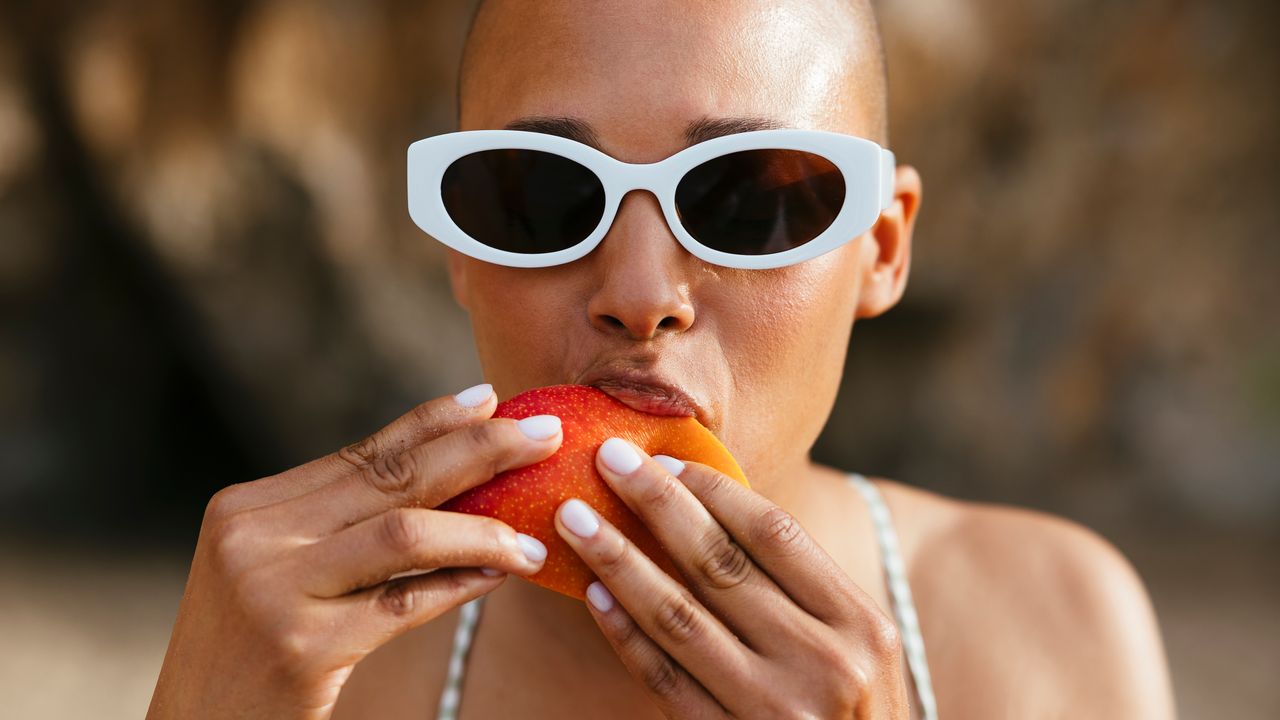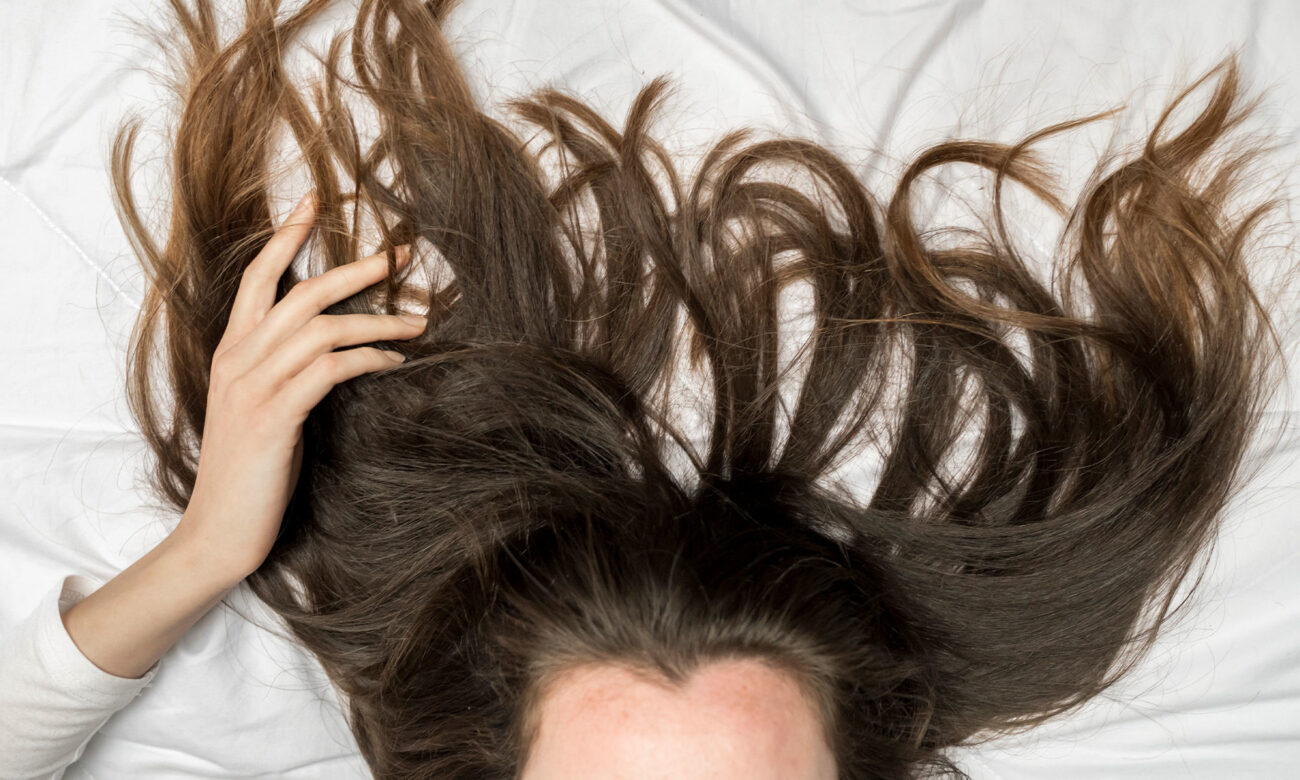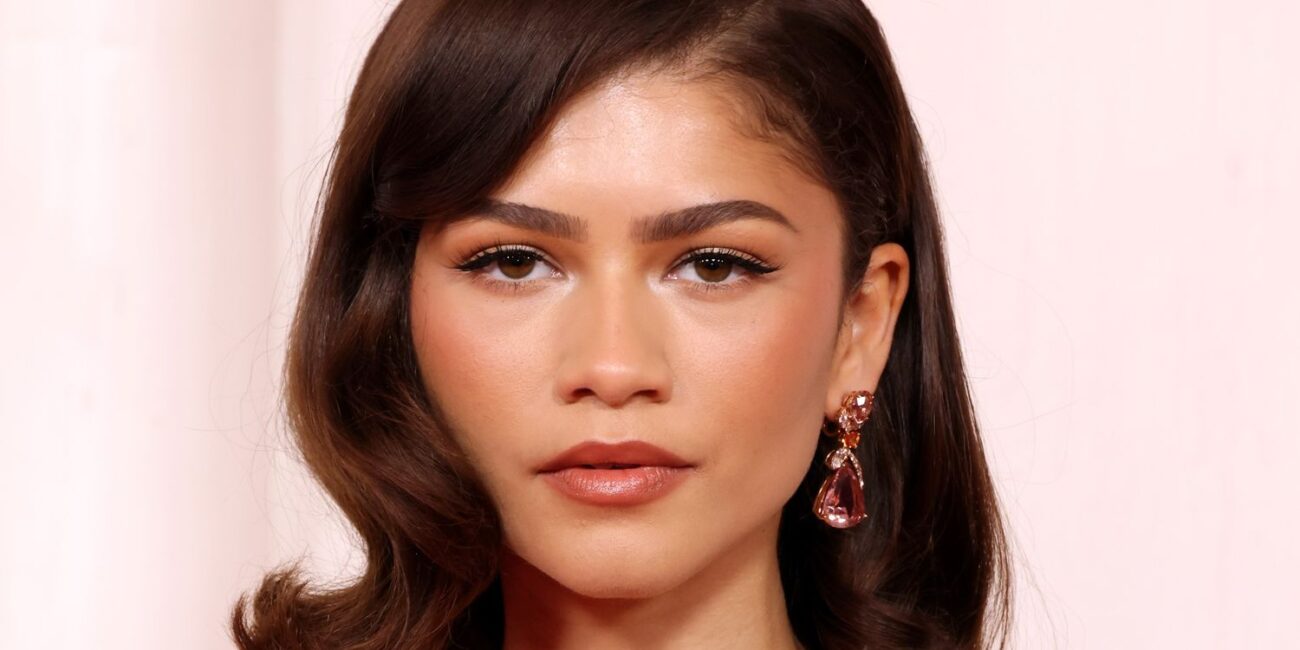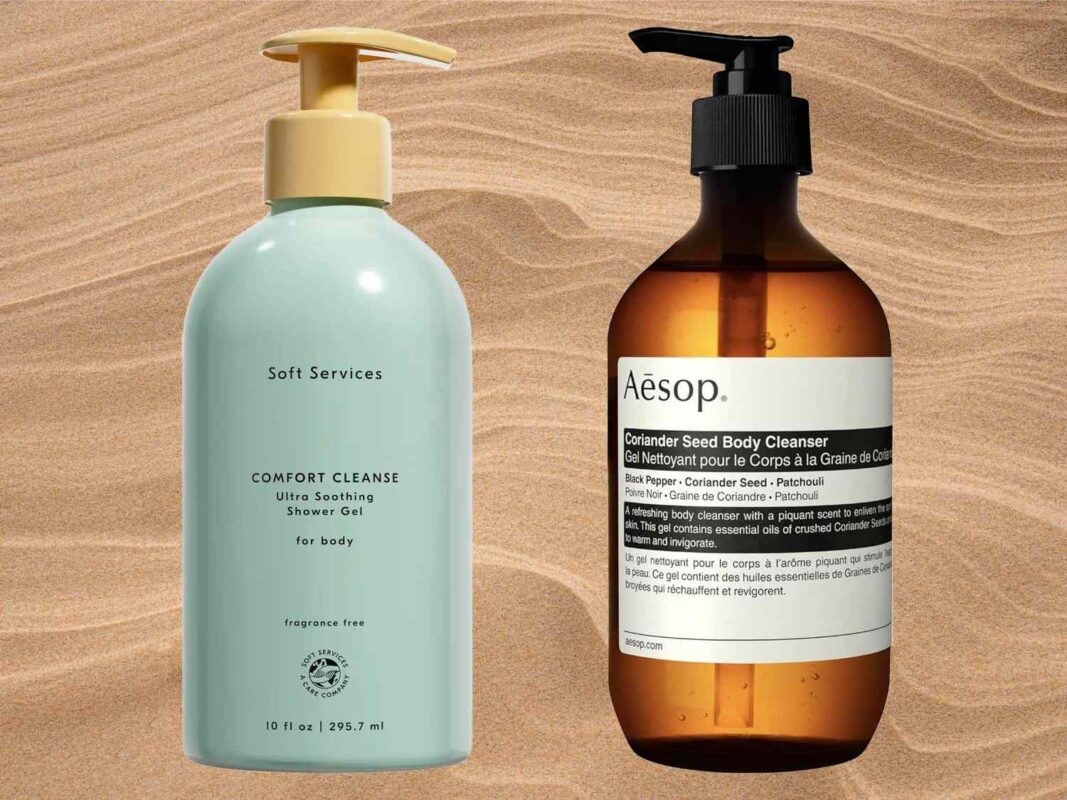Blog
What experts want you to know about vitamin A for hair health

“Think of dietary vitamin A as your foundation, the nutrition that feeds your follicles from within,” says Dr Anand. That comes from foods like carrots, leafy greens, egg yolks and mangoes.
Topical forms, such as retinoid-based scalp serums, are more about addressing scalp conditions like flakiness or congestion. “I occasionally use topical retinoids in combination treatments,” says Dr Mour. “But their benefit is mostly to scalp health, not directly stimulating hair growth.”
Anand adds a word of caution. “The scalp is delicate, and too much topical vitamin A can leave it dry or irritated. Always consult your doctor before trying it.”
Can too much vitamin A cause hair loss?
Vitamin A for hair health is a balancing act. Too little is not ideal, but too much can be worse.
“Vitamin A is fat-soluble, so your body stores the excess rather than flushing it out,” says Dr Anand. “Overdo it, and your follicles can go into hibernation.”
Dr Mour adds. “Excessive intake, especially via supplements, can cause telogen effluvium, where a large number of hairs shift prematurely into the shedding phase.” The upper limit for adults is around 3,000 mcg, or 10,000 IU, per day. Exceeding that can lead to dry skin, brittle nails, fatigue and liver stress, along with diffuse hair loss.
The best food sources of vitamin A for hair health
Plant-based sources:
- Sweet potatoes
- Carrots
- Pumpkin
- Spinach
- Red bell peppers
Animal-based sources:
- Egg yolks
- Milk, cheese and yogurt
- Oily fish like salmon
- Liver (sparingly)
“Beta-carotene is the safest form because your body only converts what it needs,” says Dr Anand. “Think of it as the slow, steady friend you can count on.”
Dr Mour suggests pairing these with healthy fats like ghee, olive oil or avocado. “Since vitamin A is fat-soluble, it needs fat for optimal absorption.”
What does a vitamin A deficiency look like?
If you are not getting enough vitamin A, your hair will let you know.
“Hair becomes dry, brittle, more prone to snapping. The scalp may develop flakiness or follicular roughness,” says Dr Kohli. In more severe cases, a deficiency can lead to follicular hyperkeratosis, where small, rough bumps form around the follicles, and can contribute to overall thinning and breakage.
Should you try vitamin A scalp products?
Dr Mour says nutrition should always be your first step. “Diet is the first wave of improvement in the health of hair. Topical retinoids or serums may help improve scalp quality, especially when used alongside growth factors or peptides.”












